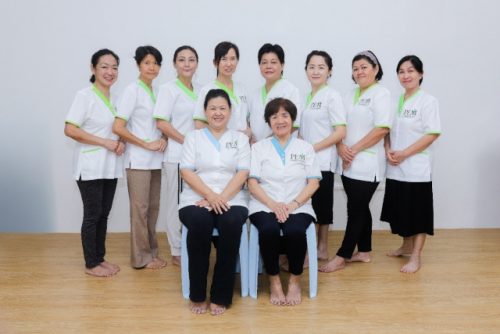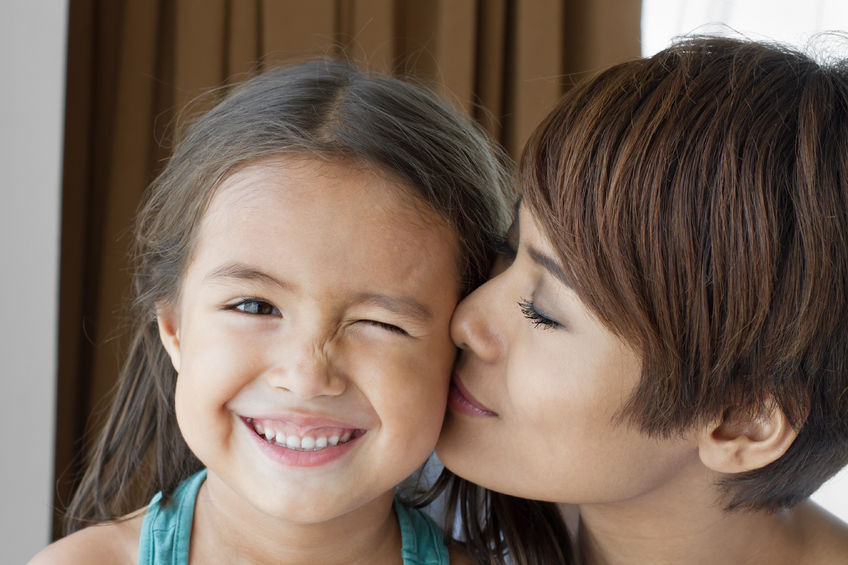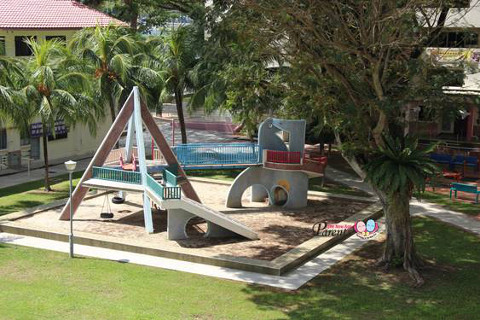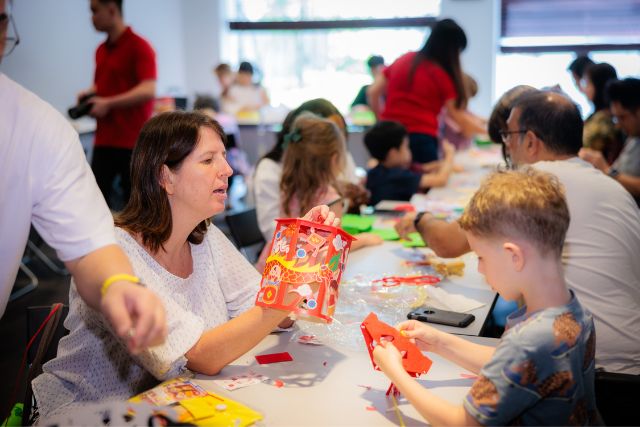Ever had that icky feeling when your wide-eyed child chanced upon a yelling match between you and your spouse? What is the effect of spousal arguments on the young ones?

According to studies, parents need to exercise caution when arguing in the presence of their children who may suffer long-lasting effects. Although it is not very healthy for Mom and Dad to be fighting each other in front of the kids, we are all human and sometimes the unavoidable happens. Arguments and disagreements are part and parcel of relationships. Pretending everything is well in front of the children is also not the solution to everyday life.
So what happens when fights happen? Are they irredeemable? Researchers note that the key is not whether parents fight, but how they fight and whether the conflict is resolved.
Bad fighting & potential negative effects
Although arguments between parents may be unrelated to the children, fighting in the “wrong” way in front of them threaten their emotional stability and social adjustment. Verbal or physically aggressive fights, cold wars, and those that are related to the child have the worst impact. It is important that the child does not see out-of-control rage. If a child is constantly hearing conflicts which are unresolved, he or she will face attachment difficulties and trust issues. Conflict affects a child’s emotional security of the family.
When a child is emotionally distressed, he or she may act out by distracting the parents during the argument, or through aggression and hostile acts. Others may become withdrawn, depressed or anxious and this may, unfortunately, be undetected. For the very young, such as infants, they may not comprehend the exchange but may be able to sense the negative voice tones (shrill or loud). They are incapable of understanding that the parents are not fighting about them and may be confused. Children are sensitive, even at one year of age!
It’s between the adults – What has Parenting got to do with it?
Ever heard the phrase “Do as I say, not as I do”? Somehow this doesn’t work on children, because actions speak much louder than words. Even before they speak, children observe. Parenting is not just about how parents behave towards their children. A lot of what children learn come from what they see with their eyes and hear with their ears. The relationship between spouses is core to how effective parenting goes down to the children. While there is an association between inter-parental friction and emotional security in children, it is not a direct cause and effect equation.
Damage Control – Fighting “well”
Parents need to role model how to manage conflict amidst differences. Constructive handling of arguments includes calm negotiation skills and compromise. Refrain from harsh mutual attack, criticism, cold shouldering, blaming, shouting, violence and profane language. If you do flare up, explain to your children that fights happen even with loved ones and it is not their fault. If they do witness a fight, process with them the resolution the parents arrive at. How parents disagree and resolve friction help the children to learn how to value dissenting opinions and cope with differences through effective communication.
Checking in with the kids after a solution is reached is crucial as they tend to project family issues through other relationships, such as siblings, peers or teachers, or they may exhibit other symptoms mentioned earlier. Certainly, how the fight is processed with your child needs to be in age-appropriate terms. At no time should kids be asked to side a parent or be used as a go-between. Kids should not be triangulated in the spousal relationship.
The Fine Line
It may not always possible to shield children from parental conflicts and sometimes conflicts may not be resolved. However, this does not give license that all fights are appropriate for children to witness. Some fights are really much better taken when the parents are alone, especially on adult topics which are beyond them (i.e. if you are upset about your husband drinking). Others include disagreeing with parenting rules for the children, so that one does not seem like the “bad” parent or disagreement over some other relative they know. If you cannot keep level-headed, keep from arguing if you are very emotional. Call a time-out and do it when the children do not have to be an audience to carry that stress on them.
By Som Yew Ya.
* * * * *
Like what you see here? Get parenting tips and stories straight to your inbox! Join our mailing list here.
Want to be heard 👂 and seen 👀 by over 100,000 parents in Singapore? We can help! Leave your contact here and we’ll be in touch.























































